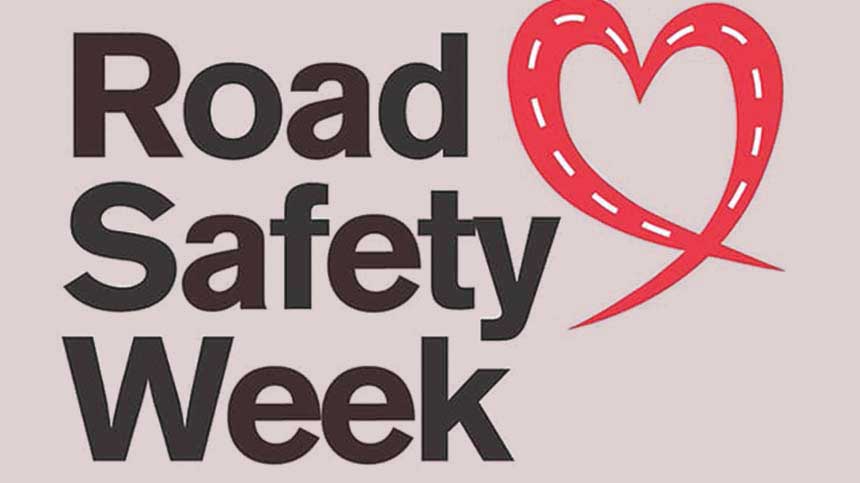Road Safety Week launches new Victims Charter

Road safety charity Brake has launched a new Road Victims Charter as part of its annual campaign, Road Safety Week.
The Charter, written in collaboration with bereaved families, trauma consultants, support staff and professionals from across the criminal justice and medical sectors, is calling for the government to establish a national standard in post-crash support to ensure those involved receive the care and justice they deserve.
Ross Moorlock, chief executive at Brake, said: “Road casualties are not just statistics. Behind every number is a grief-stricken family whose lives have been changed forever in an instant. The demand on our service continues to grow as road deaths and injuries show no sign of reducing. Every year, more families suffer the devastating impact of a road crash. Every year, more and more families come to us in their darkest and most difficult times.
“By comparison, at a government level, funding for support for road victims is inadequate – so we and other charities that care for bereaved and seriously injured families rely on the generosity of other supporters to fund our vital work. We know that the right support at the right time can change the course of someone’s life.”
Road Safety Week
Brake’s National Road Victim Service is helping around 700 people at any time and last year provided support to more than 1,500 families.
Meanwhile, its own survey revealed that 79% of people believe victims of road crashes and their families should be able to access the same level of support as homicide victims.
Moorlock concluded: “Every road victim deserves the very highest standard of support and for that to happen we need a coordinated approach and national standards that meet best practice for post-crash response. We need national, multi-year funding for the provision of support to the affected road victim community, so that every family has access to trauma-informed, face-to-face support within their community, according to their needs.
“Road victims have been the forgotten and neglected victims for far too long and that has to change.”






